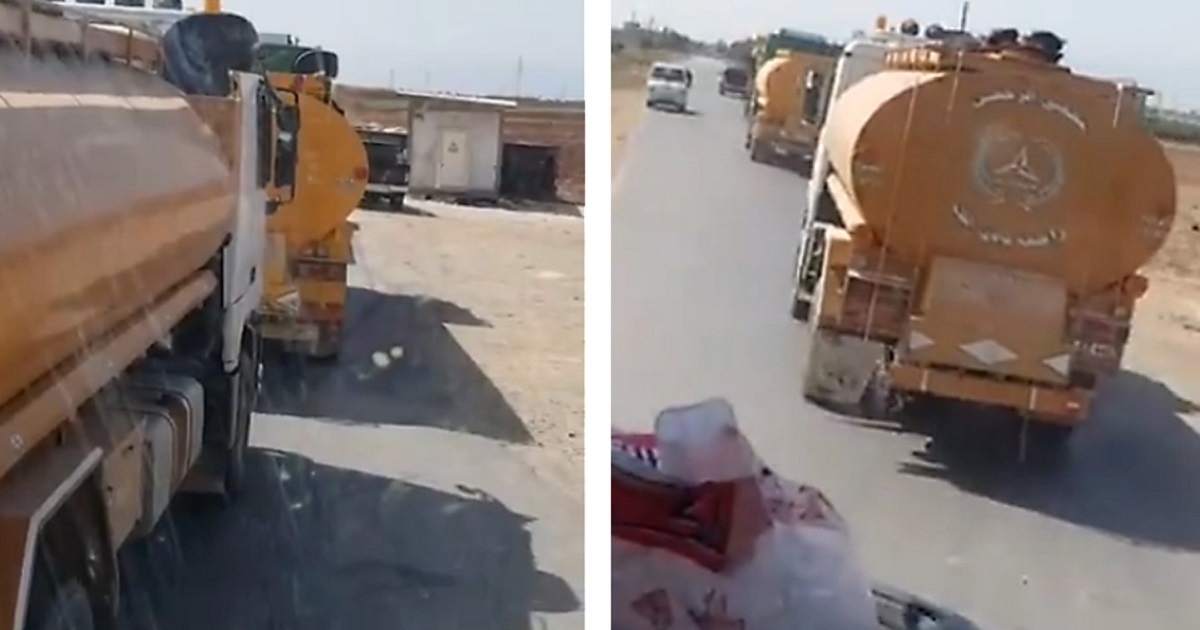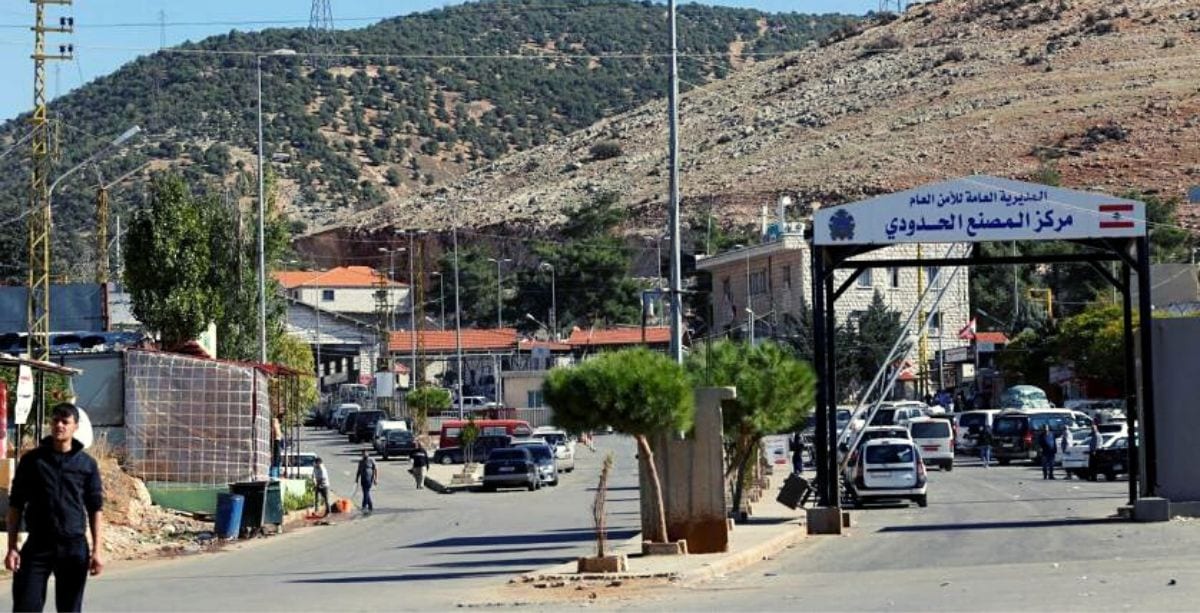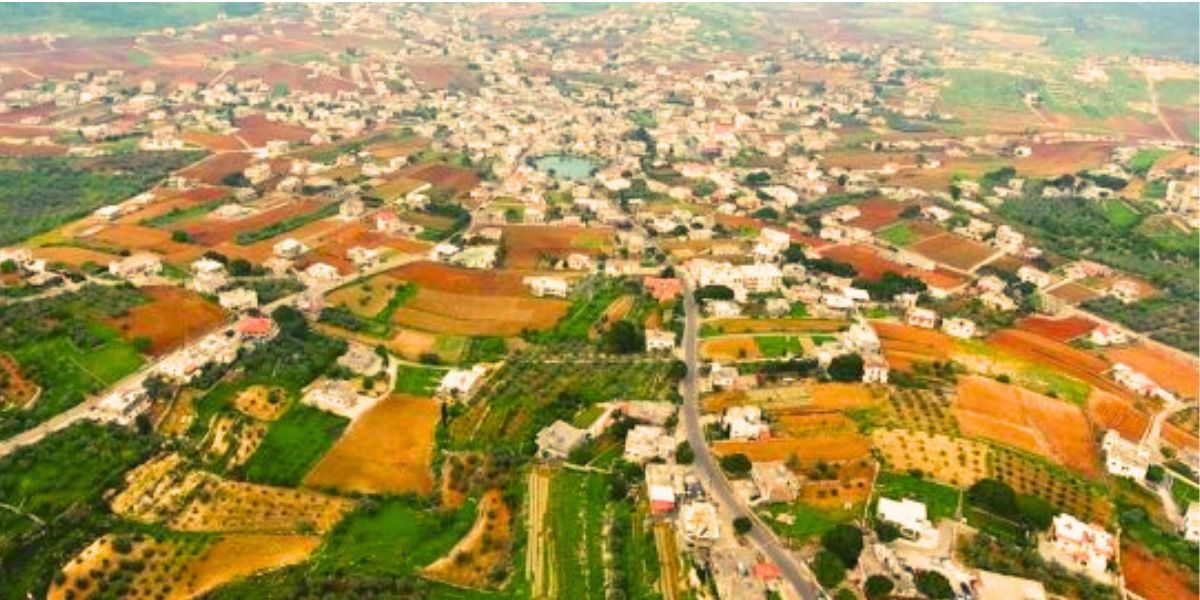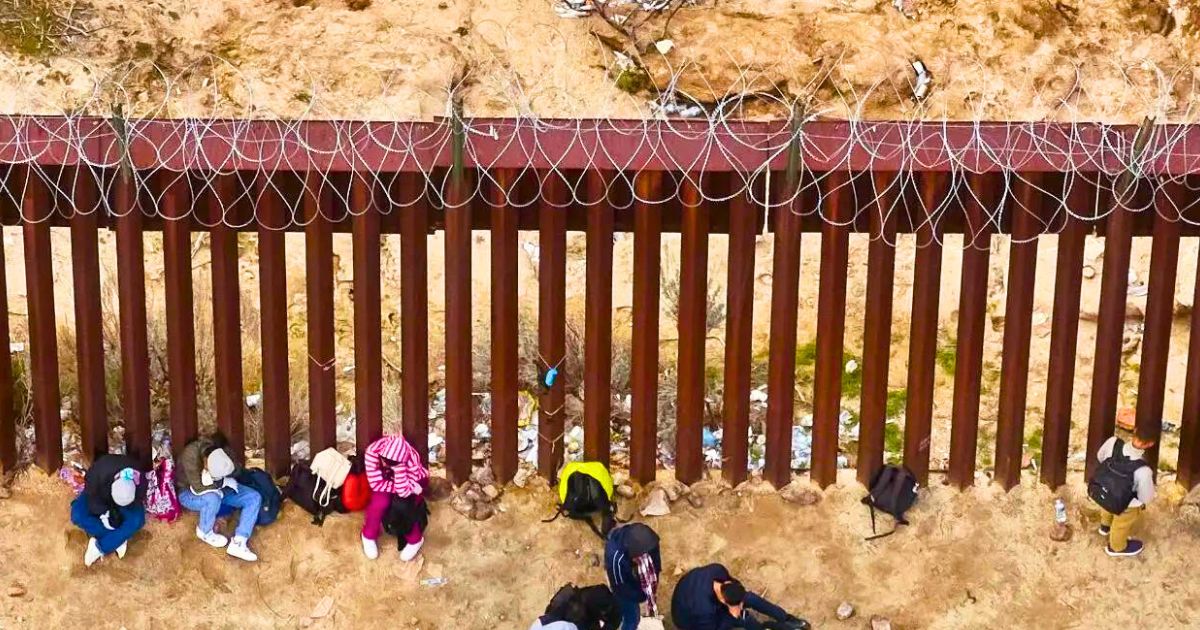The economic conditions in Lebanon and Syria aren’t getting any better. Adding to that the sanctions imposed on Syria, the smuggling from Lebanon to Syria has become extremely more common.
This includes the smuggling of basic goods subsidized by the Lebanese state, such as flour, fuel, and medicine.
The border region located between Lebanon and Syria in Baalbek-Hermel in eastern Lebanon witnesses security tensions that rise and fall depending on the smuggling operations being carried out there.
On December 12th, Syrian army border guards fired at a number of young men at one of the illegal crossings, known as the Arida border crossing, in the border village of Al-Qasr, causing the death of one Lebanese man and injuring another.
Earlier this month, the Syrian area near the Lebanese border town of Hosh Al-Sayyed Ali also saw a clash between smugglers and a Syrian army patrol. No heavy weapons were used during the chase, but a Syrian army officer was killed and two personnel were injured.
Thus, the Lebanese army in cooperation with the Intelligence Directorate, carried out a raid in the Lebanese region to find those who fired and fled towards Lebanese territory.
The Lebanese Internal Security Forces (ISF) arrested two days ago two young Syrians (19 and 23 years old), who were planning to steal cars in Lebanon and smuggle them into Syrian territory.
According to the Information Division of the ISF, one of them had previously smuggled people from Syria to Lebanon.

The Information Division found that a new team, whose members are Lebanese, had been active in Mount Lebanon and carried out several robberies. Two of the arrested gang members confessed to transporting the stolen cars to the Bekaa region, and from there to Syrian territory.
Lebanon’s Supreme Defense Council reported “more than 124 smuggling incidents between Lebanon and Syria” last year.
The Syrian Opposition Coalition released information to the officials drafting the Caesar Act in the US administration about “land routes and tunnels used by Lebanon’s Hezbollah to smuggle weapons, money, and fuel to the Syrian regime.”
The information clearly highlighted that “since 2012, Hezbollah has been relying on a network of illegal crossings linking the Lebanese Bekaa Valley and the western Qalamoun villages in the countryside of Damascus to smuggle goods, weapons, and drugs into Syria.”
“Four of these routes are main roads linking the borders between the two countries, in addition to other secondary crossings.”
The information also brought to light the existence of powerful people and families, in the areas between both countries, who manage the smuggling of goods from Lebanon.
Lawyer Ashraf Al-Moussawi told Arab News that cars stolen from Lebanon are placed in the Al-Suwayda car market, which advertises itself on social media under the name “A Key and A Car.”
“The victim can ask about their car by calling a phone number, through which he can agree to take back the car in exchange for a sum of money, and the car will be delivered at the Lebanese-Syrian border,” he explained.
Apparently, individuals who take stolen cars from Beirut or Mount Lebanon to the border can make up to 2 million Lebanese pounds by doing this.

“Some of those may be Lebanese security personnel on active duty that officials lured in by quick money. They may also be retired members of the military who have joined gangs. If this person transported, for instance, four cars per month, he receives five or six times his monthly salary,” a security source told Arab News.
“When he drives the car, he does not draw the attention of the security forces. Some of them were arrested in a manner similar to a security scandal, and they are still in detention,” the source added.
However, smuggling between Lebanon and Syria apparently goes all the way back to the first years of Lebanon’s independence.
“As recounted in history books, the smuggling was so lucrative that candidates from peripheral regions were seeking to be elected so that they could benefit from it,” said Karim Bitar, IRIS associate researcher and associate professor at Saint Joseph University.
“Politicians were thus engaged in all kinds of trafficking, using their personal cars or those of their immediate entourage,” added the Middle East specialist.
The fact remains that illegal trafficking is taking place in both directions, along the Lebanese-Syrian border, with many attempts to stop the smuggling going in vain.
















